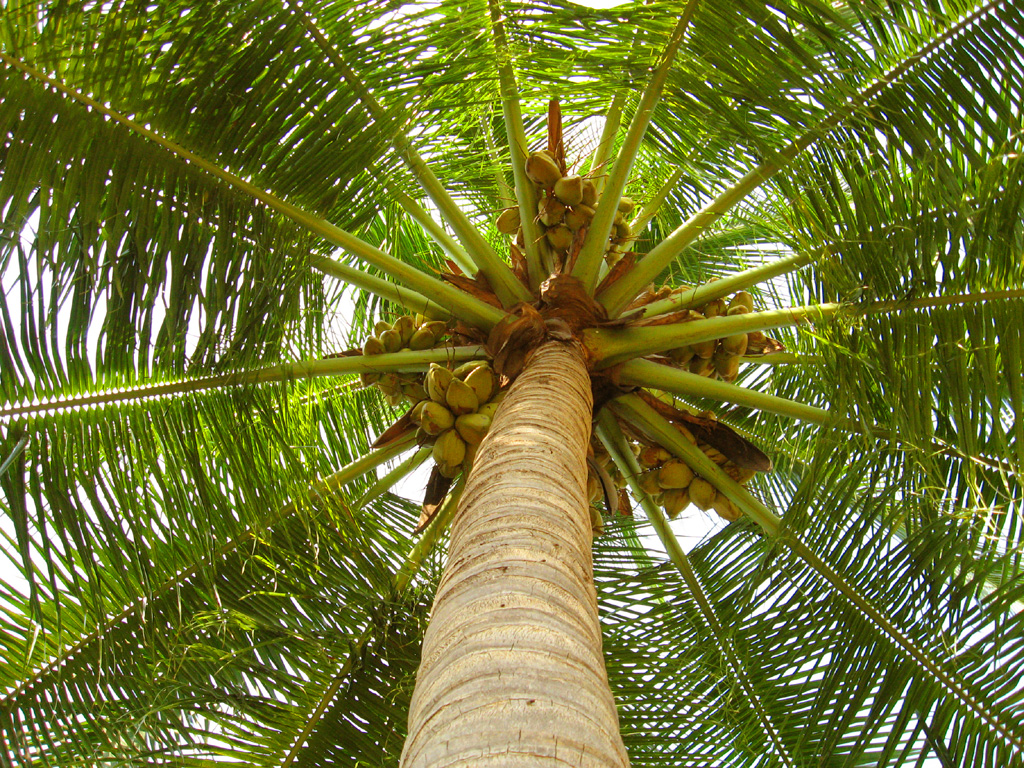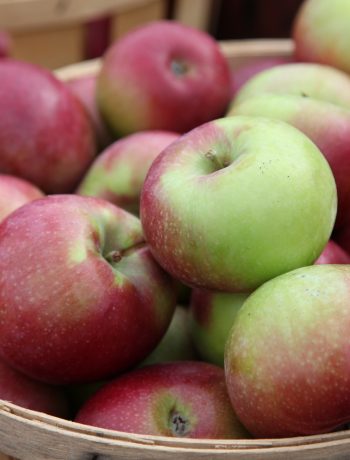
Why is everyone now consuming coconut oil? Surely, the celebrity doctor, Dr. Oz, and the King of entrepreneur doctors, Dr. Mercola are onto something if they both advise their fans to take part in this new oil revolution. But is it really that good? Surprisingly, there’s little medical literature out there on coconut oil. What we do know is the profile of the types of fats found in coconut oil are beneficial.
Despite it’s relatively high saturated fat content, much of it is in the form of MCT’s or medium chain triglycerides, which are among the healthier type of fats. The body is able to break down MCT faster and easier than LCT (long chain triglycerides, which tend to be deposited onto the walls of blood vessels.) When we look at the healthfulness of coconut oil, “Dose” does make a difference. In research studies, individuals taking in less than 20% of total calories derived from MCT did not have a negative effect on cholesterol, but taking in more than 40% of total calories with MCT did have a negative impact on cholesterol (a Very Negative impact, raising triglycerides by as much as 200%) When researchers studied Polynesians, who historically have had the highest intake of coconut oil, they noticed coconut oil did not have an adverse effect on their heart health.
But it has been pointed out, that their diet, an island diet, is quite different from the American diet. An article from the American Journal of Clinical Nutrition describes the early traditional Polynesian diet as high in fish, and tropical fruit, and rarely containing protein and sugar; “Fish from the open sea, lagoon, and reef is the chief source of protein. Pigs and chickens are reserved for feasts.
Eggs are seldom eaten. Alcohol is not commonly consumed. Imported foods (flour, rice, sugar, dripping, and canned meat and fish) are obtained from the small cargo boats that call at both atolls every few months. The habitual diets of the atoll dwellers of both Pukapuka and Tokelau are high in saturated fat derived from coconut, but low in cholesterol.
Although coconut is the chief source of energy for both groups, the Tokelauans derive a much higher percentage of energy from coconut and their saturated fat intake as a result is much higher. On both atolls the diet is rich in fiber-containing foods, and low in sucrose.” Of note, the Polynesians take in little to no dairy, and as mentioned, lots of fiber. We know that coconut oil is a highly saturated fat, about 90% compared with 60% in butter. But coconut oil contains healthier saturated fats, because of its MCTs. With those facts in mind, coconut oil may be a healthful oil alternative, as long as the rest of your diet falls in line with the parameters that make it healthful. For a compelling individual case study, (of relatively weak power because this is an n=1 study ) which involves a very well loved dog, read on.
Tamara tells me, her Goldendoodle used to have all kinds of problems with stomach and skin issues. “I was taking him to the vet nearly every month” she just grew tired of seeing her dog ill, and paying for vet fees. Because she wants her dog “to liver forever, I love him so much,” she faced these challenges by changing his diet completely. She started with a tablespoon of coconut oil, scraping it right into his vegetables and fish (which she keeps frozen and ready to go from the fridge).
Now the Goldendoodle’s daily meal is composed of fresh veggies and talapia, as well as a spoonful of coconut oil. And the outcome, the Goldendoodle has not had to make a visit to the vet in over 2 years. His gastrointestinal and skin issues have completely resolved and he has a beautiful mane. So Dr. Oz and Dr. Mercola may be onto something, but before you buy that 1 gallon tub of coconut oil for sale on the internet, be wary, dose and diet are part of that whole healthy picture, just as much as the coconut oil itself. 2011 Asia Pac J Clin Nutr. 2011; 20(2): 190–195,
PMCID: PMC3146349 NIHMSID: NIHMS308705 Coconut oil predicts a beneficial lipid profile in pre-menopausal women in the Philippines Medium Chain Triglyceride Oil Consumption as Part of a Weight Loss Diet Does Not Lead to an Adverse Metabolic Profile When Compared to Olive Oil Marie-Pierre St-Onge, PhD, Aubrey Bosarge, BA, Laura Lee T. Goree, RD, MSc, and Betty Darnell, R Combine equal portions of baking soda & arrowroot powder. Slowly add coconut oil and work it in with a spoon or hand blender until it maintains a firm but pliable texture. It should be about the same texture as commercial deodorant, solid but able to be applied easily. If it is too wet, add further arrowroot powder/cornstarch to thicken. You can either scoop this recipe into your old deodorant dispensers or place in a small container with lid and apply with fingers with each use. Makes about 1 cup. This recipe lasts about 3 months for two people with regular daily use.Cuckoo 4 Coconut Oil
Ingredients
Instructions





No Comments